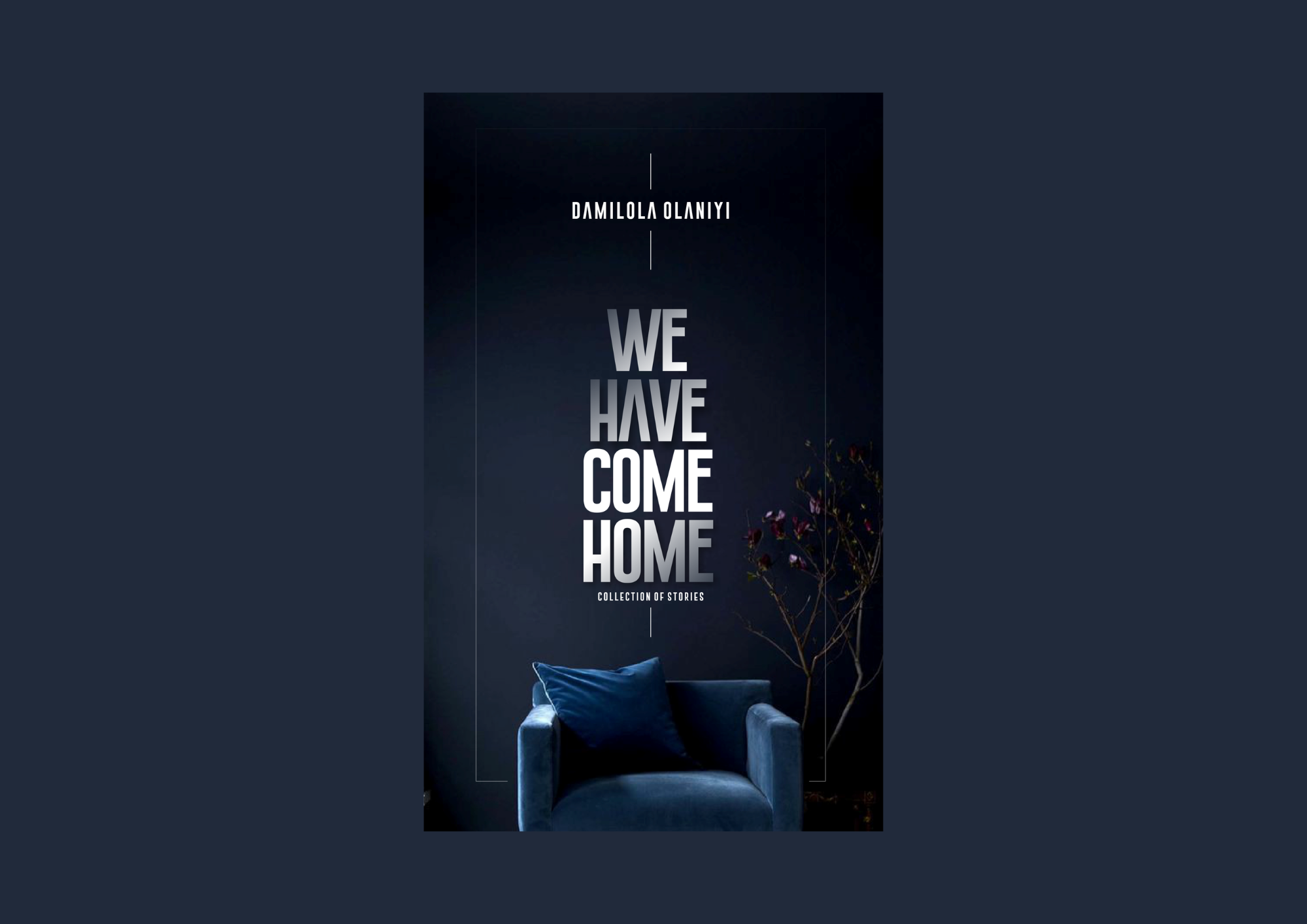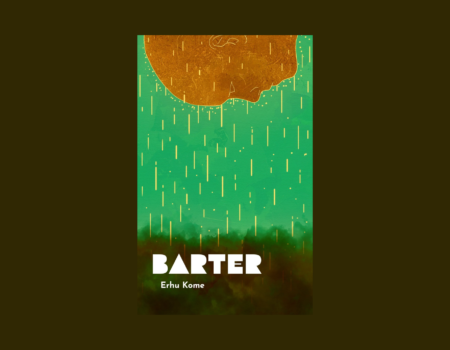Damilola Olaniyi’s We Have Come Home is a stirring, textured collection of short stories that explore home, identity, memory, and womanhood through the lens of Nigerian life, both within the country and across the diaspora.
The titular story, “We Have Come Home,” introduces us to Lynda, a Nigerian academic returning from the United States after a painful breakup. Her reunion with Ikenna, a man she meets in Nigeria, becomes a temporary solace from the ache of cultural expectations—the criterion set by her parents of marrying a man from her tribe—and familial pressure—being the first daughter and unmarried with younger siblings who are married. But what begins as a physical reconnection quickly unfolds into a meditation on longing, cultural alienation, and the impossibility of returning “home” as the same person. Lynda realizes that try as she could, she has been altered by her time spent in the diaspora. Lines like, “Soon, I will pick up the broken pieces of my life,” capture the internal dissonance many immigrants and returnees feel—of not quite fitting into either world.
This feeling of alienation from cultural roots is somewhat prevalent in African literature. Teju Cole in Everyday is for the Thief also captures the disconnection his unnamed protagonist feels upon return to Nigeria after long years abroad.
The stories that follow in We Have Come Home maintain the confessional intimacy of the first, yet each introduces new characters navigating distinct challenges. “A Sneak Peek” offers a voyeuristic glance into the lives of four cosmopolitan Nigerian women catching up in a mall. Tolani encounters sexual harassment from her aunt’s husband while living in their house but is unable to voice out to her aunt because of fear of misunderstanding and blame-shifting—a common issue victims of harassment grapple with in society. Tife struggles with a gnawing feeling of identity loss. Raised in London, she tries to reconnect with her Nigerian roots, especially her accent, but she fails woefully. Funke struggles with a complicated love life. She is not quite fortunate with guys and moves from one relationship to the other while Itoro is pregnant with a set of twins for a university boy. Their experiences reveal a sisterhood of trauma and strength. Here, Olaniyi portrays female friendship not as a utopia, but as a complex space for vulnerability, judgment, and healing.
In “Aunt Stella,” Olaniyi takes a more humorous approach to storytelling, showcasing the tension of extended family obligations. The titular character, Aunt Stella is the typical “Aunty” in an African setting, with no clear familial link to the family she attaches herself with. She takes on the role of an unwanted guest in Blessing’s household and becomes a metaphor for cultural clutter and generational entitlement.
The collection frequently blurs the line between fiction and memoir, especially in stories like “Family Story” and “No More Laughter.” These stories zoom into difficult family histories, including sexual abuse, unplanned motherhood, and forced migration. “Family Story” is a daughter’s journey through her late mother’s journal, where she uncovers a harrowing truth surrounding her birth: she was born from rape. But this is not all the narrator uncovers. She also finds out that her family story is more complicated than it seems, hinging on a history of incestuous sexual harassment and abuse.
Grandma was raped by her father, and my uncle attempted to rape my mother before he met his end at her hand. In a drunken moment, grandpa took away her dignity and though she did not state it in her journals, I am sure mother poisoned him.
Olaniyi does not shy away from Nigeria’s socio-political failings, either. “Closed Option” introduces us to Lekan, a street-hardened youth entangled with an older woman for survival. In the beginning, all we know about Lekan is that he is a typical street-urchin who gives sex to older women to survive the street. But as we read on, we begin to realise that sometimes, we forget that people like Lekan are also humans. Through his backstory, we glimpse the failings of family, education, and state systems—all of which are major contributors to the trajectory of his life. Likewise, “Sugared Sauce” and “Wrong Foot Forward” give us slices of everyday Nigerian life—of landlady troubles, transport stress, and last-minute fashion emergencies—all done with a sprinkling of humour that gives them a TV-drama feel.
A notable strength of We Have Come Home is the range of female perspectives and experiences it explores. The stories traverse class boundaries, generations, and geographic locations—from the countryside to Lagos, from domestic enclaves to public spaces, from Nigeria to the U.K. Yet, they are anchored in the very specific texture of Nigerian life, culture, and language. Olaniyi sprinkles dialogue with Yoruba, Pidgin, and Hausa, and this adds authenticity (bonus point because she does not give excessive translations) and depth to the stories.
While We Have Come Home does not follow a strict linear narrative, the thematic threads of return, healing, and feminine introspection bind the stories. Some of the characters, while not all directly connected, feel like part of the same communal memory (a chorus of women trying to reclaim agency in a society that often sidelines them).
If there is a critique to be made, it is that some stories conclude too abruptly—most of the stories fall under this category. In a few instances, the build-up and emotional tension dissolve quickly, as if the author is hurrying to the end. There may be several reasons for this choice by the author but the impact on readers is a longing for more depth—character depth, emotional depth, etc.
In We Have Come Home, Damilola Olaniyi gives us an emotionally charged narrative of contemporary Nigerian womanhood. This is not just a book about coming home. It is about rebuilding our ideals of home in fragments.
Evidence Egwuono Adjarho
Evidence Egwuono Adjarho is passionate about African literature and dedicates her time to amplifying it through book reviews and video content. She won the Atipo Prize for Book Review 2023 and the Afrocritik Inaugural Prize for Literary Criticism 2024. She was the second runner-up in the After The End Book Review Competition 2024. Her work has appeared in Afrocritik, JAY Lit, Afapinen, Kalahari Review, Bella Naija and elsewhere. Connect with her on Instagram, X, Facebook, and LinkedIn: @evidence_egwuono.





